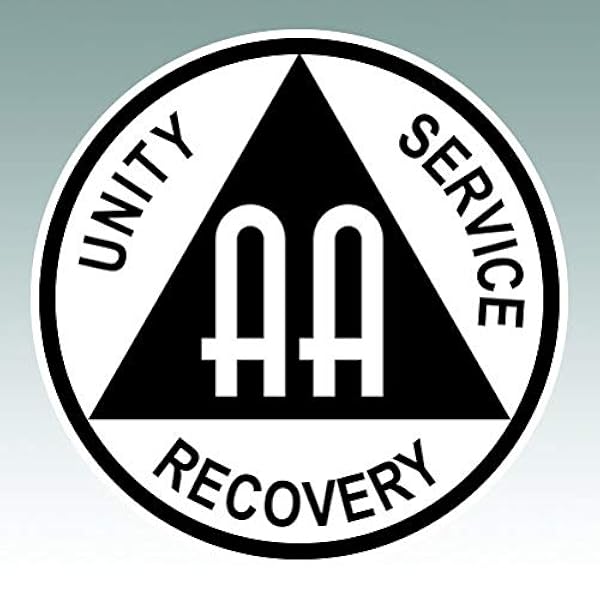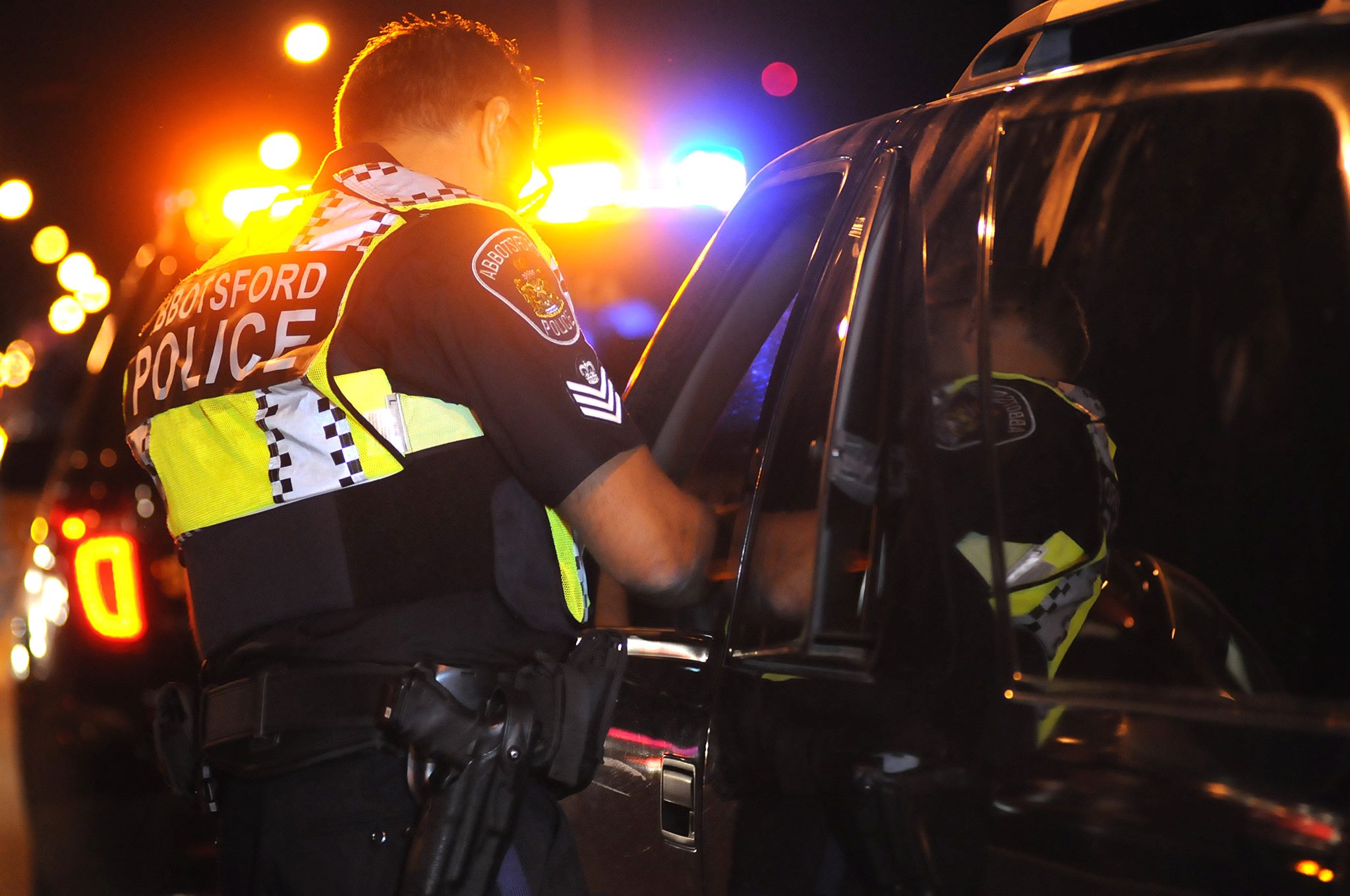Fraser Valley – Fraser Health is implementing temporary overdose prevention services in Langley, Abbotsford (Riverside Winter Shelter) and Maple Ridge as of December 19, recognizing the need to act quickly to respond to the ongoing public health emergency and to respond to the negative impacts of cold weather on our vulnerable populations. The decision follows the Minister of Health’s extraordinary measure to support the creation of overdose prevention services.
“The need to act quickly in the face of the ongoing elevated overdose numbers is paramount,” said Health Minister Terry Lake. “Overdose prevention services help save lives by ensuring people with the skills to respond are in close proximity in the event an overdose happens.”
In addition to the enhanced emergency measures that were implemented in Surrey last week, Fraser Health has selected four new temporary locations following a careful analysis of overdose data to determine the communities where the need is greatest at this time. Fraser Health will continue with feasibility assessments for permanent supervised consumption services (SCS) in high risk communities but currently has no immediate plans to implement additional SCS other than the two proposed locations in Surrey.
Overdose prevention services include emergency health resources and outreach personnel to prevent and reverse overdoses and to get people out of the cold weather. These services will be available at existing high risk settings such as shelters, and on an outreach basis to monitor and observe people at risk for overdose and respond immediately to health concerns. There will be no supervision of illicit drug consumption. This is an emergency strategy in locations where injections and overdose risk already exist.
Between January and November of this year, there have been 24 overdose deaths in Langley, 32 in Abbotsford, 25 in Maple Ridge, and 92 in Surrey.
“These emergency measures are essential for our at-risk populations to be monitored and treated if they overdose,” said Fraser Health chief medical health officer Dr. Victoria Lee. “The services are part of our ongoing strategy to respond to the overdose crisis with data-driven and evidence-based approaches to caring for people who use substances.”
Locations for the sites include:
|
Langley
|
Gateway of Hope (Salvation Army) – 5787 Langley Bypass |
|
Abbotsford |
Riverside Shelter (Lookout Emergency Aid Society) – 1640 Riverside Road |
|
|
|
|
Maple Ridge |
Maple Ridge Temporary Homeless Shelter (RainCity Housing and Support Society) – 22239 Lougheed Highway; and Salvation Army’s Ridge Meadows Ministries Shelter – 22188 Lougheed Highway |
|
|
Fraser Health has a multi-faceted strategy to address the overdose emergency, including all approaches from prevention, harm reduction and treatment. We have public awareness campaigns, the implementation of supervised consumption services, and the expansion of opioid substitution treatment in Surrey, Abbotsford and Maple Ridge. We have also opened dozens of substance use beds in our region over the last 18 months, and we are on track to open another 100 beds in 2017. We are working to embed opioid substitution treatment into residential substance use disorder services and, across our region, we have 56 sites equipped to distribute Take Home Naloxone, including all of our Emergency Departments and Public Health units. We have also developed and implemented a safe prescription policy for opioids in all Emergency Departments across the region.
Fraser Health is working closely with community partners including the BC Emergency Health Services, St. John’s Ambulance, the Salvation Army, RainCity Housing and Support Society, Lookout Emergency Aid Society and RCMP. For more information on Fraser Health’s overdose response, please visit our Overdose Hub online.
The overdose prevention services are one of the provincial government’s latest steps in response to the opioid overdose crisis. In July 2016, Premier Christy Clark appointed a Joint Task Force on Overdose Response, headed by provincial health officer Dr. Perry Kendall and director of police services Clayton Pecknold. The task force is providing expert leadership and advice to the Province on additional actions to prevent and respond to overdoses in British Columbia. As part of the response, law enforcement is working at all levels of government to interdict the supply of toxic drugs, and health officials are working to address the immediate and longer-term health needs. To that end, B.C. is expanding access to life-saving naloxone, supervised consumption services, and opioid addiction treatment medications and services.
Under the task force, the Province launched a broad campaign to alert people of how to prevent, identify and respond to overdoses. It is also investing in research, education and training through the new B.C. Centre on Substance Use to make sure addiction treatment is effective and evidence-based. Ongoing work to support and treat British Columbians with substance use issues is also a key part of the province’s response. Government is committed to meeting the goal of opening 500 new substance use treatment beds in 2017. In the past two years, more than 220 new beds have been opened as part of this commitment to provide better access to appropriate substance use supports.






